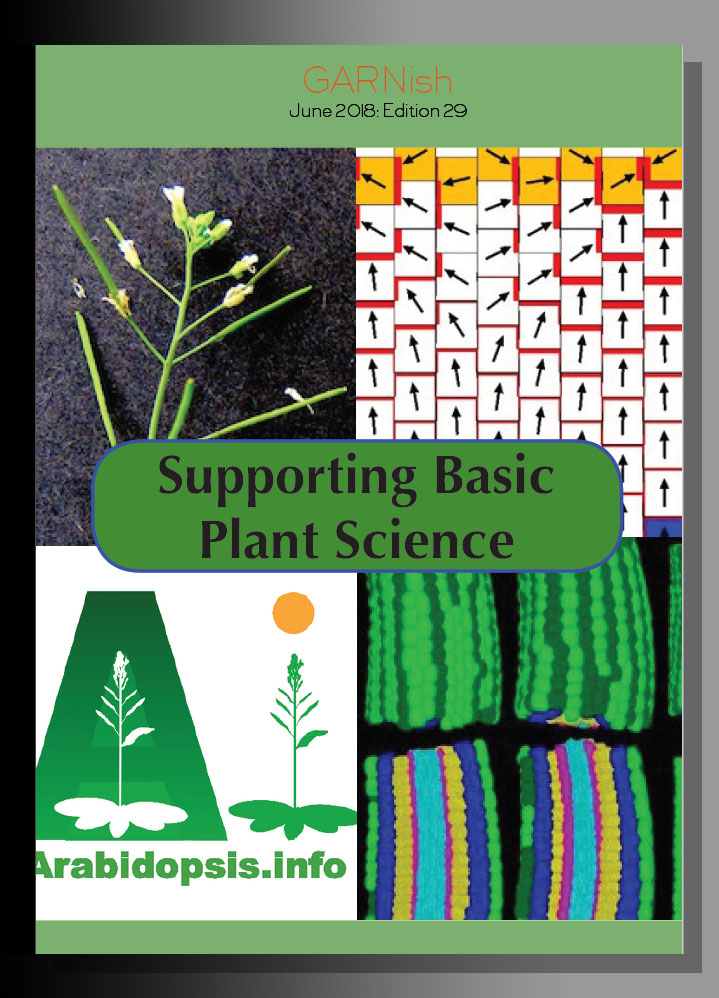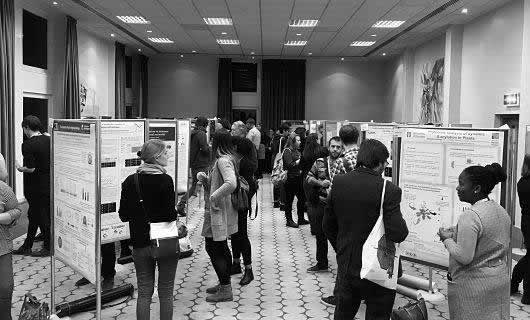News
GARNet publishes report on UK plant science funding
 Edinburgh, June 2018 - GARNet, a network that supports the fundamental UK plant science community and ensures its future competitiveness, publishes a report on BBSRC funding for plant science. The report brings to light unexpected funding trends that led GARNet to make recommendations to the BBSRC and the community.
Edinburgh, June 2018 - GARNet, a network that supports the fundamental UK plant science community and ensures its future competitiveness, publishes a report on BBSRC funding for plant science. The report brings to light unexpected funding trends that led GARNet to make recommendations to the BBSRC and the community.
GARNet is a BBSRC-funded community network that acts as an advocate and supporter of plant science research in the UK and worldwide. The network has existed for over 18 years. GARNet is overseen by an advisory committee of twelve UK academic plant scientists who are elected by their peers. Currently the advisory committee is chaired by Dr. Steven Spoel.
GARNet is a respected voice for academic plant scientists in the UK, particularly those involved in the type of fundamental frontiers bioscience research that underpins future translation of knowledge into crop species. Its primary goal is to ensure that the plant science community remains competitive and productive at the national and international level.
In response to community concerns over reduced availability of funding for fundamental plant science, GARNet set out to investigate if these concerns are fact or fiction. Uncovering research funding patterns is a complex task that requires intimate knowledge of how the plant science community approaches grant funding and how funders assess grant applications. Therefore GARNet teamed up with the BBSRC, the predominant funder of fundamental, translational and applied plant science, and performed an in depth analyses of plant science funding. In a new report titled 'Supporting Basic Plant Science' GARNet and the BBSRC uncovered some surprising trends.
The report finds that indeed there has a decline in the number of funded fundamental plant science grants, but that the reasons for this decline are more complex than anticipated. For example, the number of submitted grants involving fundamental plant science has declined at a faster rate than the reduction in funded grants of this type. Moreover, a simultaneous decrease in plant science grant applications of any type (i.e. fundamental, translational or applied) was identified. As the size of the fundamental and overall plant science communities in the UK has not significantly changed in recent years, these are worrying trends that GARNet wants to address immediately. Therefore GARNet makes several recommendations to the community and to the BBSRC that may help reverse this trend sooner rather than later.
GARNet's work with the BBSRC also revealed that the plant science community and the BBSRC do not always speak the same language. For example, the meaning of research “Impact” often differs between the daily usage in universities and institutes on the one hand, and how this term is defined by funding agencies. In GARNet's biannual newsletter GARNish, BBSRC Strategy and Policy Officer for Frontier Biosciences, Rocio Gaudioso-Pedraza, contributes an article to explain how BBSRC interprets “Impact”. This article clearly illustrates there is plenty of room for all types of plant science to make an impact, including fundamental research in model plants.
Links:
GARNet Report: Supporting Basic Plant Science






